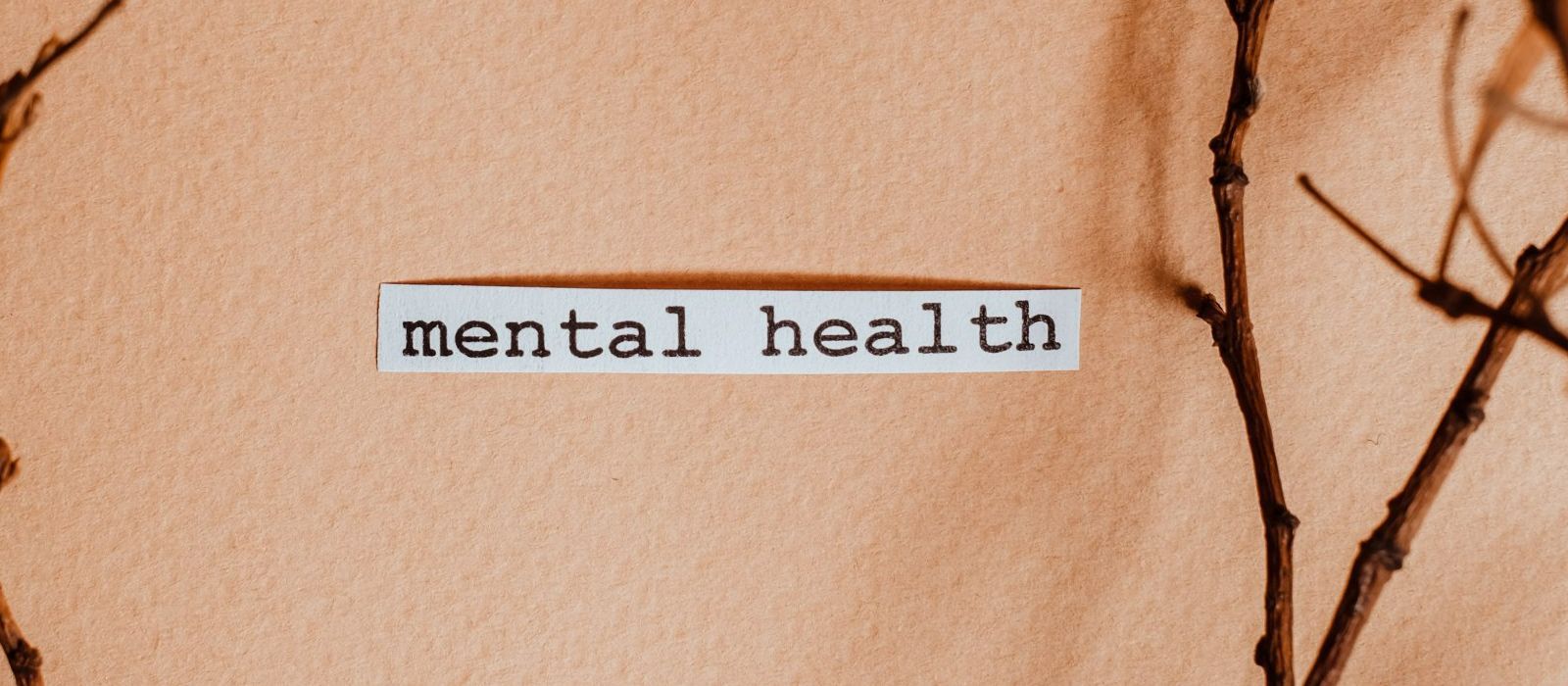Men's Mental Health at Work - Let's Talk About It
When it comes to men's mental health, what are you doing to raise awareness and create a supportive environment at work?

Conversations around mental health have increased considerably over the past decade, from popular discussions on social media around self-care & wellbeing, to celebrities opening up about their own mental health illnesses. This has all helped towards a more open, less stigmatised dialogue around mental health and illness in general. Many workplaces are now more invested in their employee's wellbeing, giving this greater gravitas in their people agendas, which is really encouraging to see.
When we focus down on the detail however, how much attention in the workplace is being given to men's mental health? Has your business considered this before?
The stats on men’s health are pretty shocking. Around 20% of men die before they retire, and suicide is the most common cause of death for men under 50. It's known that men are less likely to take time off work when they need to recharge and may be more likely to hide their mental health issues in the workplace. The good news is that a supportive workplace can empower employees to get the help the help and support they need early on.
Let's take a look at some key stats from a recent survey by Westfield Health before diving into this further:
- Men aged 45-54 are the least satisfied demographic at work.
- 59% of men under 45 are considering looking for a new job.
- Men are less likely to take time off to recover from stress and burnout.
- While men and women report similar levels of poor mental health, men are less likely to seek support from their employer or take time off to recover.
- Men report taking half as much time off work to recover from stress and burnout compared to women.
- Only 15% of men have taken time off due to mental health, compared to 40% for physical illness.
- Over three-fifths (61%) of men say their employer doesn't offer mental health support as a workplace benefit.
- Men aged 20 – 40 seek advice from their GP half as often as women the same age.
Some signs that may be spotted at work include:
- Withdrawal or isolating behaviour
- Unusual mood swings
- Increased irritability, frustration or anger
- Anxious behaviour
- Escapist behaviour
- Changes in work performance levels
- Loss of interest in work, hobbies or family life
- Complaints of physical aches, pains, headaches, cramps or digestive concerns
- Appearing fatigued, indications of insomnia or over-sleeping
- Difference in appearance
- Changes in eating habits
Remember that if an employee displays any or some of the above signs, it doesn't necessarily mean they have a mental health issue, but it's good to be aware and mindful to be able to support them in the best way possible.
So, what is the best way to start tackling this and being more supportive of men's mental health?
The simplest starting point is to open a conversation and check in with your employees, regardless of whether they're showing any signs or differences in behaviour. Having an open workplace culture where you can easily check in with your employees makes talking about wellbeing a normal part of the day and will help to make individuals feel more able to open up and talk about any struggles or concerns they may be experiencing. Be mindful that everyone experiences mental ill-health differently and whilst some men display no differences in behaviour when struggling, others might do. Don't feel as though you have to restrict your conversations to a work setting either - you can always ask if they want to grab a coffee or go for a walk somewhere and have a chat.
Leaders must start to model behaviour and talk openly about their own mental health, sharing experiences where appropriate. This will help others to feel more comfortable in opening up themselves and reduce any perceived stigma at work.
Be mindful of presenteeism (the practice of coming to work despite illness, injury or mental health problems, resulting in reduced productivity), and remote working as this can be especially difficult to spot in these circumstances - Managers must make time to check in and have regular conversations with their staff, ensuring support is provided and they're able to recognise any changes in behaviour. Think about the differences you may start to notice in a remote work setting vs someone in the office, e.g. camera could be turned off during meetings, last minute excuses made for not attending, they appear less present, not answering messages etc.
Be flexible with medical appointments - we all know how difficult it can be to get a GP appointment at the moment! Encourage discussion around support in this area including any Employee Assistance Programmes you have in place. Mental Health First Aider courses are also a great tool for not only Managers but all employees to be able to have the confidence to discuss mental health at work and recognise any signs.
If you're interested in talking more about how you raise awareness around men's mental health at work, reach out to us using our contact form below. We'll be happy to to discuss your current workplace situation and help guide you in the right direction with "how to" steps and advice.